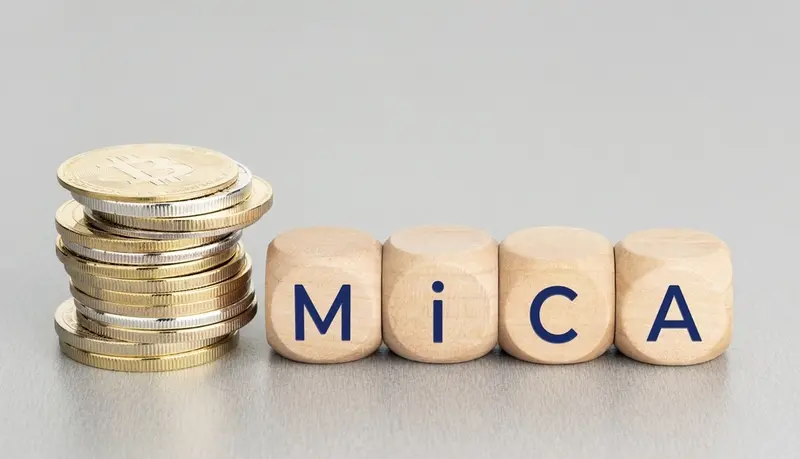The EU is committed to developing clear, thoughtful rules for regulating the crypto industry. MICA license is the best choice for every crypto firm, which allows many organizations to legally operate on the territory of the entire union and actively develop. At the same time, regulatory authorities establish fairly simple requirements.
Introductory information
Since there were no unified rules for crypto activities in the EU (each country had its own, significantly different from each other), it was decided to create unified rules for regulating activities with virtual currency, providing a single standard for all EU areas. This regulation also includes measures to protect the rights of consumers regarding providers of virtual currency services.
Therefore, its requirements apply to individuals and legal entities issuing digital assets, their exchange, purchase/sale, and other activities. It will control any crypto activity in the EU.
Unique cryptographic tools and impossible-to-interchange were removed from the regulation area. There may be exceptions for NTFs, in case of their high turnover and if they are interchangeable.

MICA Basic Rules
According to MICA, 3 types of virtual funds will be allocated in the European Union:
- tokens with fiat value;
- crypto tokens;
- crypto assets are different from tokens but linked to the price and coins.
To control the crypto assets market, it imposes requirements for the following areas of activity:
- public offerings;
- trading platform;
- white paper, sales document, and its disclosure;
- reporting obligations to regulators;
- the commitment of the issuer to buy back.
Suppose tokens correspond to a specific price or are e-currency tokens. In that case, additional conditions are imposed on such assets in the following sections: the issuer’s capital investments, reserved funds, and so on.
Cryptocurrency-Related Services
In addition to the fact that it controls the virtual currency markets in the EU, it also contains the provision of services related to digital currency:
- provide a platform for cryptocurrency activities;
- exchange operations: cryptocurrency for fiat funds ;
- execution of applications related to cryptocurrencies;
- transfer of crypto or applications for purchases to third parties.
Therefore, all financial institutions involved in activities related to currency exchange do not need to obtain a new permit if they plan to continue to provide the above services to the extent that they did so with an existing appointment.
For permits in the EU, the regulatory authority of the particular country must be notified in advance. The new permitting requirements apply only to companies that currently do not have a permit but plan to engage in business.
The conditions a VASP must meet to be approved are similar to those for financial service providers in the WpIG borders.
One of the main points of the licensing process is the availability of the required package of documents, which includes the following (but does not end there): a detailed business project, data on the origin of capital, a company management program, data on owners and management (clean reputation and qualification compliance), a system for predicting risks and internal controls related to the implementation of AML and KYC rules.
Decision time
A distinctive feature is that MICA is obliged to notify the authorities of the receipt of an application in writing for a license for up to 5 working days. Competent authorities must check this application for compliance with the requirements within 25 days from the date of receipt. After the application for full compliance is confirmed, the body can decide within 40 days to issue a license or refuse to obtain it. And only after 5 days will you be informed of the accepted result of the request for permitting.
Conclusion
After the promulgation of the regulation, the regulation of crypto-currency activities in the Euro Community became more understandable and weighty. It eliminates confusion about licensing rules and customer protection in different countries. A single system is much more convenient and efficient, which allows bringing order to the regulation of crypto assets in the EU countries with one consolidated legislative paper. Therefore, all current and future crypto firms must comply with the requirements. If you find it difficult to understand the legal aspects of obtaining such a license on your own, you should contact Gofaizen&Sherle for help. Experienced specialists work here to help you quickly solve problems with licensing.






